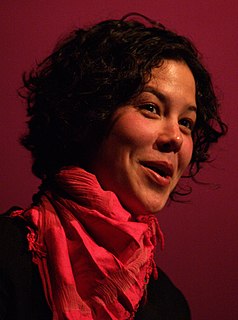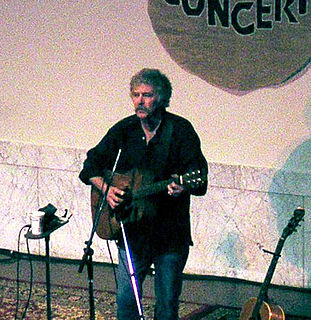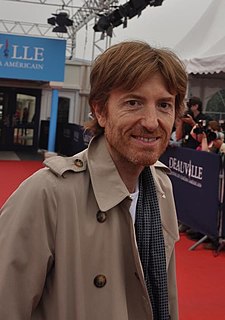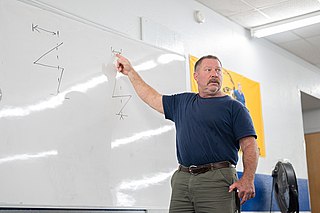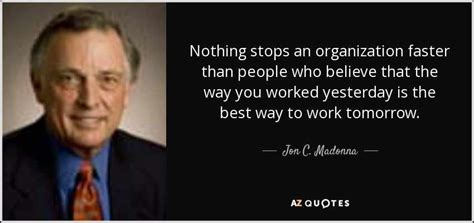A Quote by Frances Beinecke
We look back at the 1990 Clean Air Act amendments, where people screamed and hollered it's going to be too expensive, they couldn't afford it, and it wouldn't work. And it worked. It worked faster than people expected, at much less cost.
Related Quotes
I worked in a steel mill, I worked in a foundry, I worked in a paper mill, I worked in a chemical refinery, construction, I did all that. It was great work, it was good. I learned welding, mechanic, carpentry, but it saved me from going back to prison because that's helpful. It's really sad because those jobs are gone.
If you press-mold a pot or if you slab-build a pot, the work has got to take much, much, much longer than if you work on the wheel. And I to this day have the ideal that I want my work to be not too expensive, so that if people buy it and break it, it's not going to be the end of the world. I'm not interested in having things in museums, although some of our work has ended up there, but that's not what I'm striving for.
People seem to have acquired the idea that they have the inalienable right to stroll through life without either having sweated, picked up anything heavy, worked hard, or eaten less than they wanted at every meal. This approach is, of course, wrong. And it has resulted in a lot of expensive, unattractive, and entirely preventable problems amongst people who seem puzzled about why things aren't going well.
Practically everybody I've ever worked with, I'd like to work with again. I had a great time with the people that I've worked with, and the directors, and a lot of the casts. There's really nobody where you'd say, "Oh, I got X, Y, and zed again! Gahhh, no!" It really brings a smile to my face, because in 95 percent of the cases, people I've worked with, I'd be thrilled to work with again.
Where people work longest and with least leisure, they buy the fewest goods. No towns were so poor as those of England where the people, from children up, worked fifteen and sixteen hours a day. They were poor because these overworked people soon wore out -- they became less and less valuable as workers. Therefore, they earned less and less and could buy less and less.







